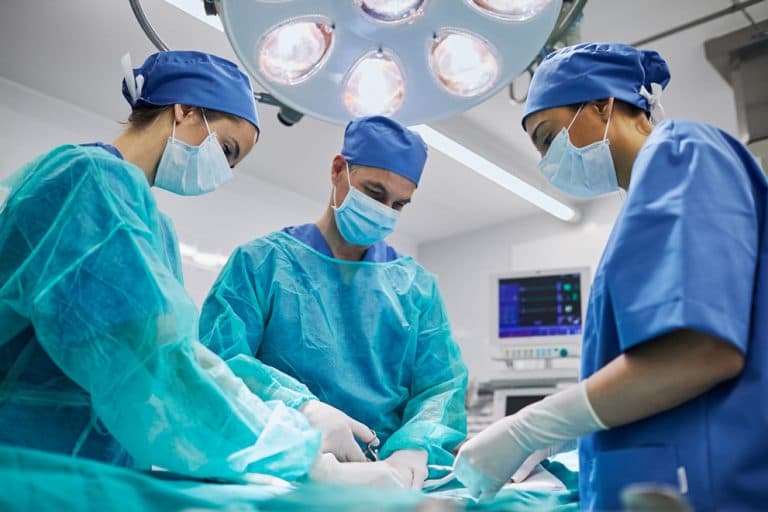
15 اسفند polypectomy
Dr. Alemrajabi – One of the causes of colon cancer is presence of polyps in the colon. Polyps’ presence in the large intestine are common and in most cases these polyps are not considered as colon cancer risk factor. And in many other cases it will take so many years for polyps to turn into cancerous polyps. One of the most common surgeries in the treatment of polyps is polypectomy which refers to removing of large intestine’s polyps. This surgery depends on factors such as the number, type, size and location of the polyps.
Why do polyps occur?
Polyps are common in both sexes and races. Various factors such as genetics, age and lifestyle such as behavioral habits and poor diet are involved in the development of intestinal polyps.
There are different types of polyps, the most commons are hyperplastic polyps and Adenoma. The other types are less common.
Symptoms and diagnosis
Most colon polyps don’t cause symptoms. You probably won’t know you have one unless a screening test finds it. If you do have signs, they can include:
Rectal bleeding, change in stool color, Change in bowel habits, Belly pain, Iron deficiency anemia.
Colonoscopy is the best tool for screening the colons and allows the doctor to monitor all of the polyps with a small camera that sent inside colon. This test takes about 30 minutes.
polypectomy as Treatment for Colon Polyps
Colorectal cancer is the fourth leading cause of cancer death worldwide which can be prevented by continuous and intermittent screening and diagnosis and removal of the precancerous polyps (polypectomy surgery).
One non-invasive method of polypectomy is the removal of small polyps using forceps inserted into a colonoscope. Larger polyps are also burned using electricity. Polypectomy operation is usually painless, moreover a sedative is also prescribed to reduce the pain of the colonoscope tube entering. In the cases that the polyp is large enough that colonoscopy could not apply, open surgery is on the agenda.
polypectomy Complications and after cares
Recovery from a polypectomy usually takes about 2 weeks. Patients may feel pain following the procedure, particularly immediately after the procedure. Taking the pain medication that the doctor prescribes, can help.
It’s normal to experience some bleeding following the procedure, but call the physician if the bleeding is very heavy, stops and then starts again, or has a foul odor that could indicate an infection. After the polyp is removed, it will be sent to a lab for testing. If it’s not cancerous, the patient will undergo an exam following the removal, but will likely need no further treatment.


No Comments